

Saudi Arabia Buys Major Share in Spain’s Telefónica
Brussels warns this kind of state-backed foreign investment may jeopardise European security.


Brussels warns this kind of state-backed foreign investment may jeopardise European security.
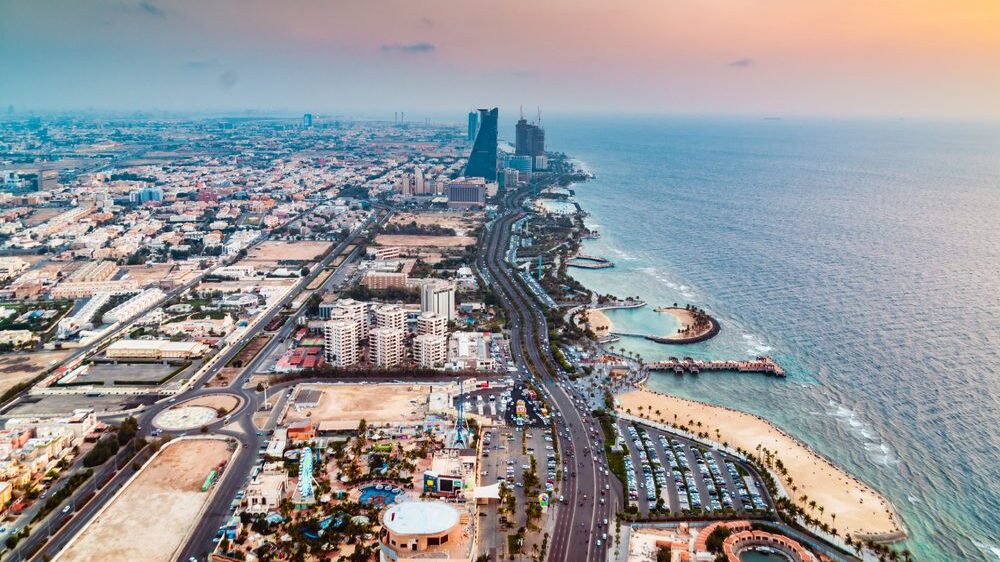

While China was present, Russia, importantly, was not, casting doubt on the future viability of the initiative.
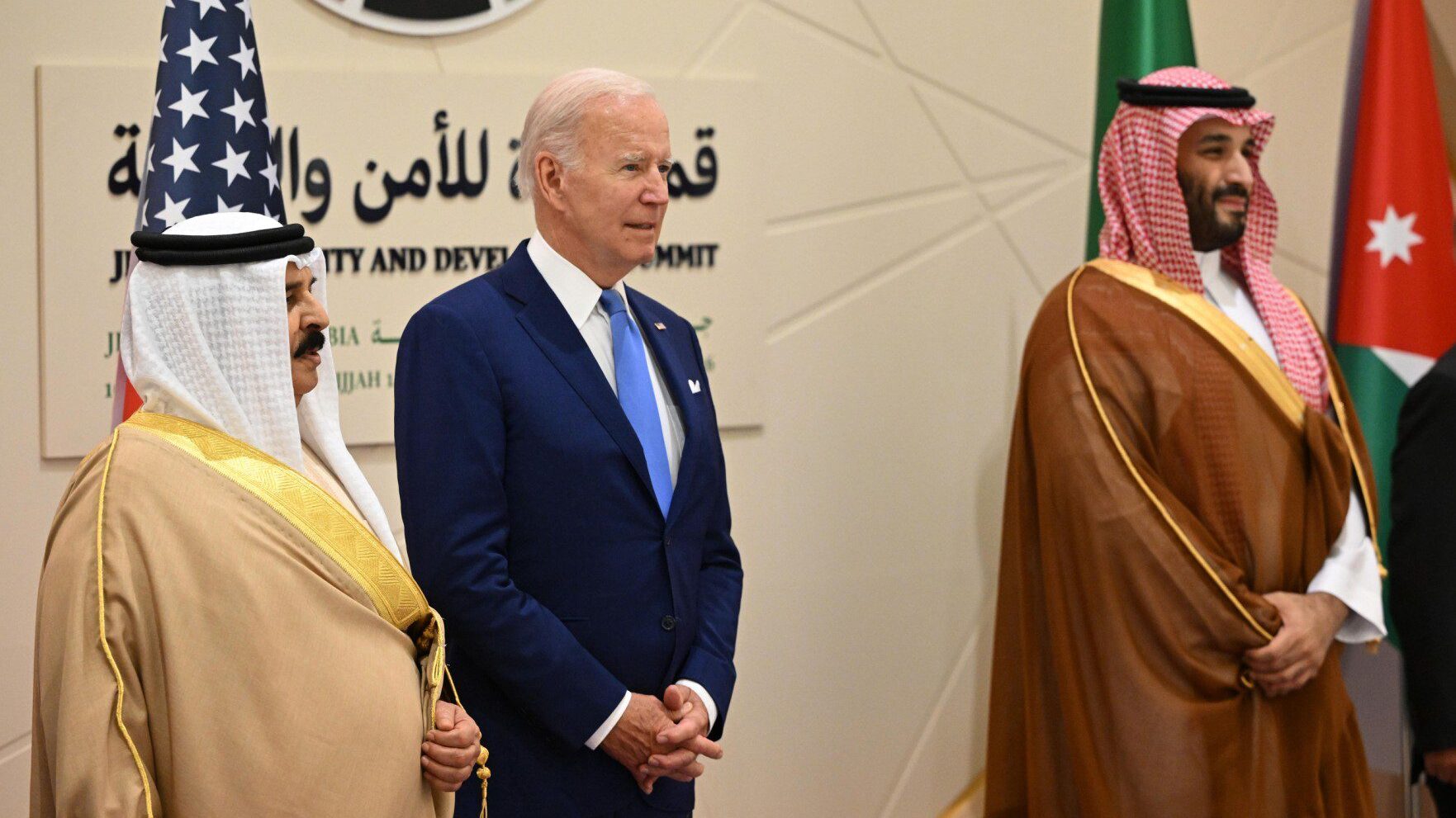

The apparent deterioration in US-Saudi relations comes amid a recent worldwide trend toward de-dollarization with key, ascendent geopolitical actors, including but not limited to China, Russia, India, and Brazil all taking steps to reduce their use of the U.S. dollar.


According to Reuters, the total of recent cuts by the OPEC+ group, which includes Russia, has increased to 3.66 million bpd and accounts for 3.7% of global demand.
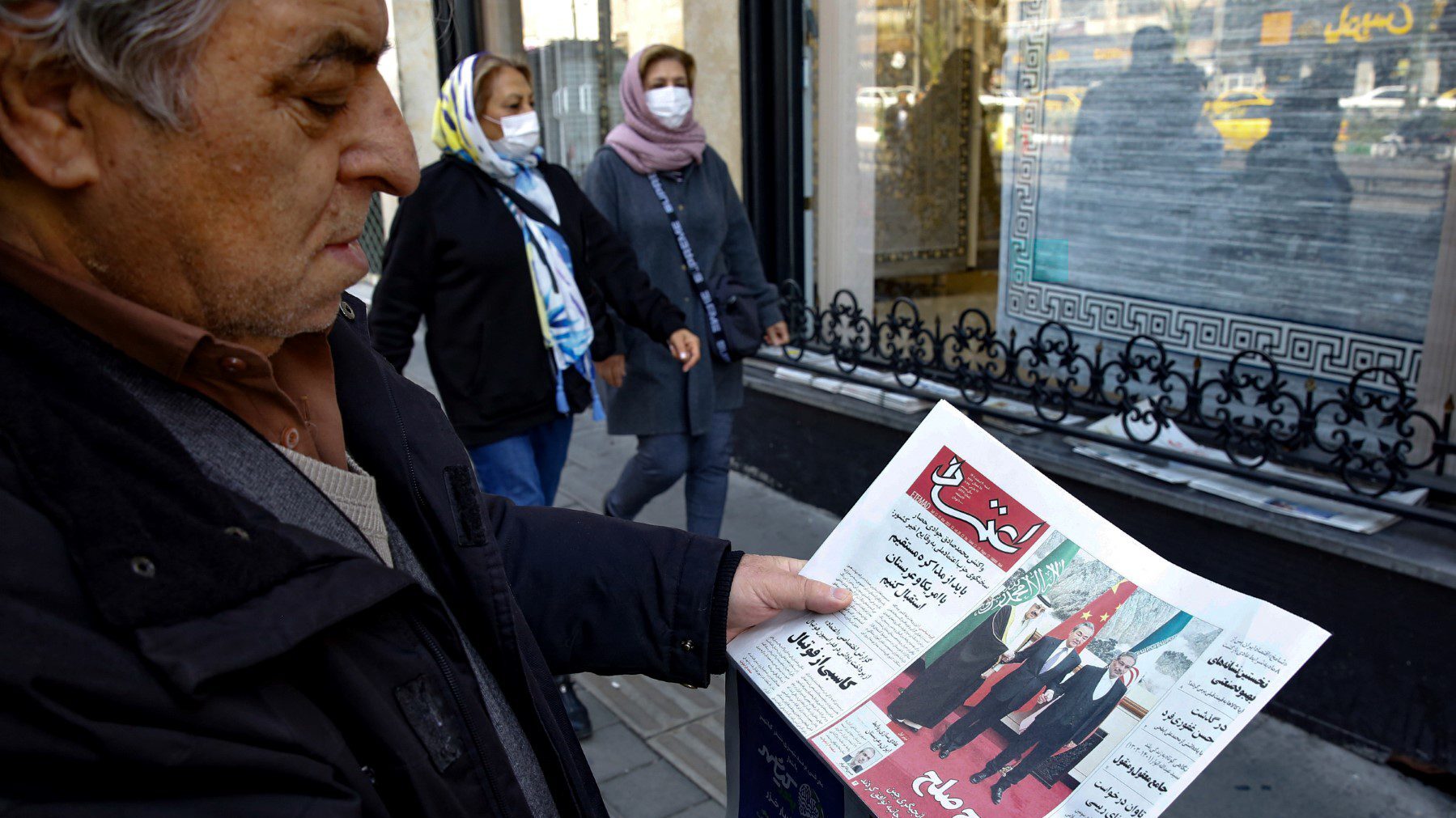

China has rearranged the power balance in the Middle East, leaving the U.S. and its main regional ally, Israel, isolated.


The White House has warned that China’s attempts to exert its influence worldwide, as it has just done with what was traditionally a U.S. regional ally, were “not conducive” to the international order.


In a move that left the White House “disappointed,” OPEC+ announced a cut of its oil production by 2 million barrels a day, which amounts to 2% of global oil production. The political and economical fallout may have far-reaching consequences.
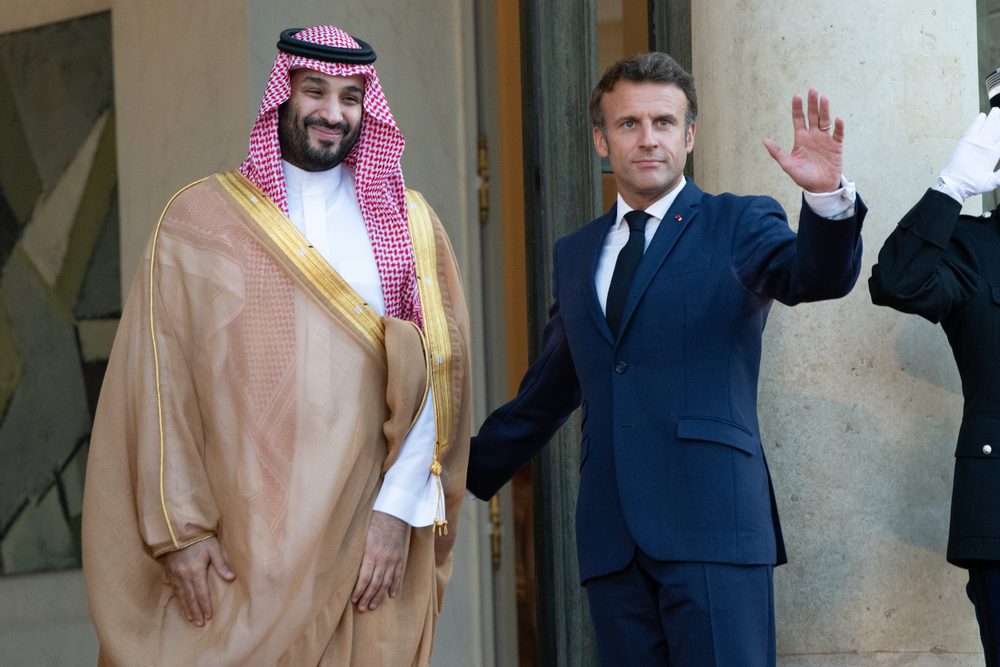

The meeting with Macron also contributes to a general rehabilitation of the Saudi Arabian government’s image in the West, following the murder of journalist Jamal Khashoggi and the war in Yemen.


While some media sources claim that Russian exports to Asian markets have fallen, others point in the opposite direction.
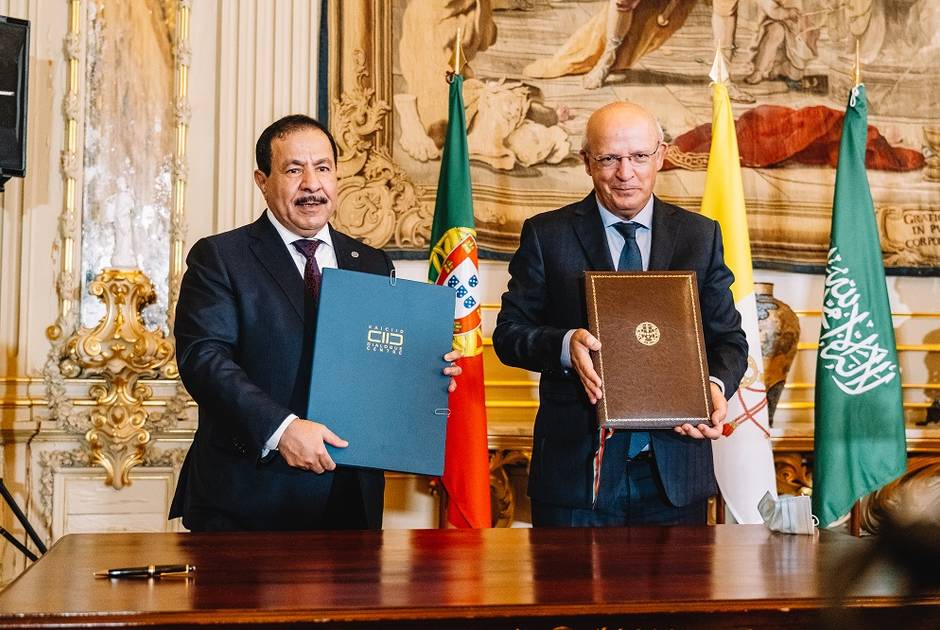

The Centre seems to be part of Saudi Arabia’s attempted shift away from its historic alliance (and reliance) on Salafism. In this sense, the Centre and similar initiatives are an interesting index by which to judge the Arabian kingdom’s success.
To submit a pitch for consideration:
submissions@
For subscription inquiries:
subscriptions@